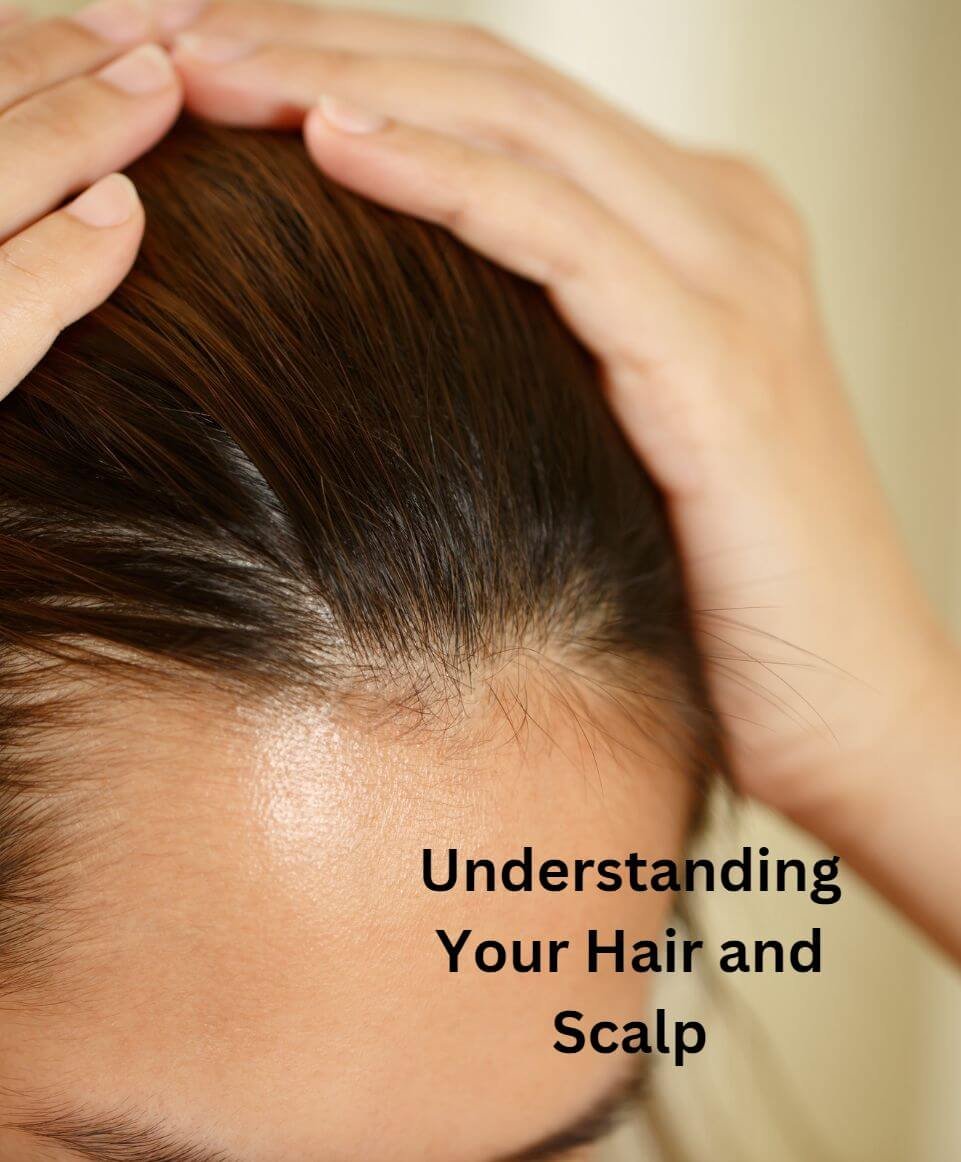
Your grooming routine should always include doing your best to keep your hair clean and in good health. Nevertheless, calculating how frequently you should wash your hair might take much work. No response is universally applicable because it is contingent on a wide range of aspects, including the condition of the scalp, the type of hair, and individual tastes. This article will present some straightforward rules that will assist you in determining the appropriate number of times to wash your hair each week.
Understanding Your Hair and Scalp
Before deciding on a hair-washing routine, it’s important to understand your hair type and scalp condition. Here are three common categories:
Oily Hair: Some individuals have naturally oily scalps or hair that becomes greasy quickly. If you fall into this category, you may need to wash your hair more frequently, such as every other day or even daily, to keep it clean and fresh.
Dry Hair: Hair and scalps lack natural oils, making them prone to dryness and potential damage. In such cases, washing your hair less often can help retain those natural oils. Washing two times a week or even once a week may be suitable.
Normal Hair: If your hair and scalp are neither excessively oily nor overly dry, washing your hair two to three times a week is generally sufficient for most people.
Considering Your Hair Texture
Apart from your hair and scalp type, the texture of your hair also plays a role in determining how often you should wash it. Here’s a specific consideration for curly or textured hair:
Curly or Textured Hair: Curly or textured hair tends to be drier because the natural oils produced by the scalp have difficulty reaching the ends of the hair strands. Washing less frequently, typically once a week or every few days, can help retain moisture and prevent excessive dryness.
Factors to Consider
There are more factors to consider when washing your hair besides your hair and scalp type:
Weather: Since humidity and sweat can make your head unclean and irritating, you may need to wash your hair more often.
Physical Activity: Wash it more often if you work out to remove sweat and keep your hair clean.
Styling Products: Styling products, such as gels, sprays, or serums, can leave residues on your hair and scalp. If you use these products frequently, you may need to wash your hair more often to prevent buildup.
Scalp Condition: The condition of your scalp plays a significant role in determining the frequency of hair washing. You can follow the guidelines mentioned earlier if you have a healthy scalp without issues like dandruff or excessive oiliness. However, if you have specific scalp conditions, here are some considerations:
- Dandruff: If you have flaky, itchy dandruff, wash your hair more often. Regular cleaning removes dead skin cells and dandruff-causing yeast.
- Scalp Psoriasis: Individuals with scalp psoriasis may benefit from regular washing to remove scales and alleviate itchiness. However, it’s important to use gentle, non-irritating shampoos to avoid further irritating the scalp.
Hair Thickness and Length: The thickness and length of your hair can affect how frequently you should wash it. Thicker hair tends to have more natural oils, which may require more frequent washing. Similarly, longer hair can accumulate more dirt and oils over time, necessitating regular washing to maintain cleanliness and prevent tangles.
Color-Treated Hair: If you have color-treated hair, the frequency of washing can impact the longevity and vibrancy of your color. Washing too frequently can cause the color to fade faster, so it’s advisable to reduce the frequency and opt for color-safe shampoos and conditioners. Additionally, using dry shampoo between washes can help absorb excess oil and extend the time between washes.
Over-Washing and Under-Washing: Over-washing and under-washing your hair can have negative effects. Overwashing can strip the hair of natural oils, leading to dryness and potential damage. Underwashing, conversely, can result in a buildup of dirt, oil, and styling products, making the hair appear dull and potentially clogging the hair follicles. Finding the right balance for your hair type and scalp condition is key.
Personal Preferences and Lifestyle: Your preferences and lifestyle significantly determine how often you should wash your hair. If you enjoy the feeling of freshly washed hair or engage in activities that make you sweat heavily, you may prefer to wash your hair more frequently. Conversely, you might opt for less frequent washing if you prefer a more low-maintenance routine or have a busy schedule.
Conclusion
Hair type, scalp condition, weather, physical activity, and style products determine hair washing frequency. Normal hair can be washed two to three times a week, whereas dry or curly hair may need less washing. Finding a routine that matches your hair is crucial. Understanding your hair and scalp, considering other aspects, and listening to your hair’s response will help you create the optimum hair-washing routine for clean, healthy, and beautiful hair.
FAQS
No, shampooing three times in one session is not advised. Excessive shampooing can remove natural oils that keep hair hydrated and healthy. Dryness, scalp discomfort, and hair damage may result.
Most individuals shouldn’t shampoo every two weeks. Wash your hair more often to avoid debris, oil, and product buildup. Waiting two weeks between washes might cause these compounds to build up, dulling hair and clogging follicles. However, people with extremely dry hair or scalp issues may benefit from washing less often to retain natural oils and moisture.
Most people don’t need daily shampoo and conditioner. Daily washing can dry and damage your hair by removing its natural oils. Exceptions exist. Daily washing may be important for people with oily scalps or who sweat a lot. To avoid damage, use light shampoo and conditioner.






